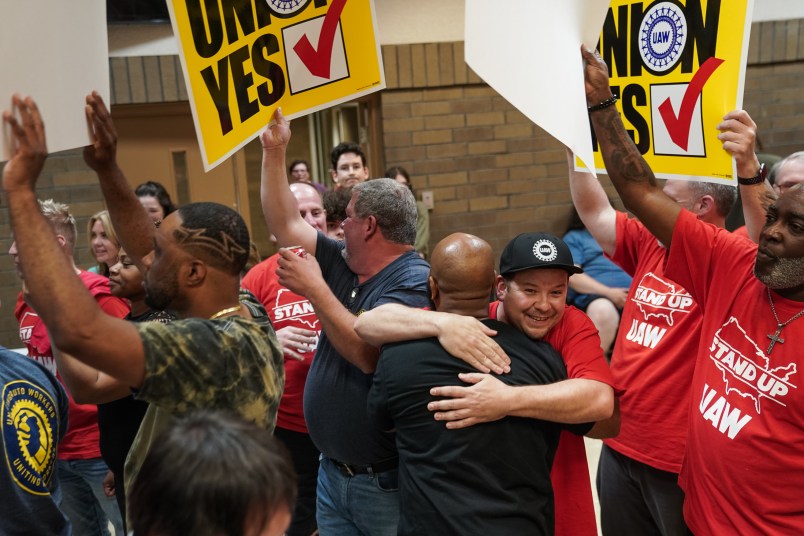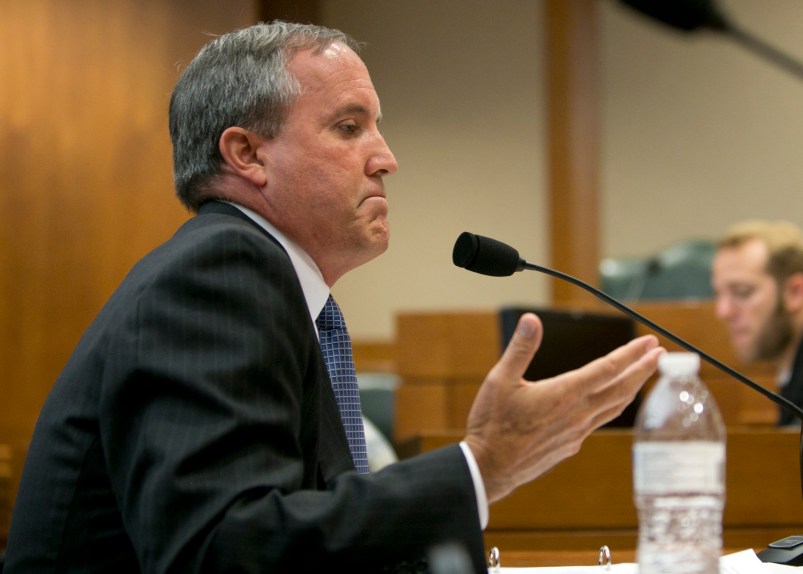Your friends and my friends get together to throw a party at your house. And it’s dinnertime, so a few of your friends say, “let’s order a pizza.” Mostly everyone agrees that’s a pretty good idea.
Debate ensues when you ask what we should put on the pizza. Most of my friends want anchovies. Other people want pepperoni or peppers or onions or olives. Some toppings are agreed to, others discouraged. One friend hates olives, but she agrees that she can just pick them off. You listen closely, pick up the phone, and start to order a pizza with green peppers and olives.
I grab your phone away and hang it up.
“We have to anchovies,” I say, pointing to my anchovy-loving friends. “These guys over here definitely want anchovies and they don’t want us ordering pizza without them.”
Most people here don’t like anchovies, you argue. A couple of us are vegetarian.
“We’d really love a pizza,” you say. “We need it. It’s dinnertime. Why are you making this such a big thing?”
Fine, you say. What if we get anchovies on half the pizza? Would that be fine? You get some weary nods from the other people at the party, and turn back to me. I look over my shoulder.
“No,” my friends say. “Only anchovies. On the whole pizza.”
“We’re all in favor of a pizza here,” I tell you. “We just disagree on how it should happen.”
A few of my friends start insisting we should actually just order a bucket of anchovies, and no pizza at all. I suggest we order the bucket of anchovies first, and then order the pizza when they get here.
“Listen,” you say. “We’re already getting anchovies on half the pizza. Why do you need to see them first?”
“We don’t trust you,” I say.
“I’m just going to call and get the pizza with green peppers and olives,” you say, exasperated, “unless you can figure out how to convince your friends that we don’t need anchovies instead of a pizza.”
“See, that’s why we can’t trust you,” I say. “Why would we agree to let you call the pizza place now?”
The conversation goes back and forth like this for a while.
Eventually, it’s 11:30. The pizza place is closing soon, and everyone is starting to get a little hangry. But you still haven’t ordered. You might say I’m being a little unreasonable about the whole thing, and you’d probably be annoyed if I blamed you for the fact that we haven’t eaten yet.
That would make for a pretty lousy party. But it makes for an even worse legislative process, where the stakes are drastically higher than whether you can order a pizza.
President Obama announced this week that he’d put off potential changes to the deportation system in the hopes that an immigration reform bill could give some clarity to the status of undocumented immigrants. It’s meant to help the process of immigration reform easier:
“…the White House became worried that slowing the pace of deportations would provoke Republican critics and make it harder for House Speaker John A. Boehner (R-Ohio) to find support for a comprehensive immigration overhaul.”
As Dara Lind notes, some 97,000 people could be deported while this delay happens — and there’s an incredibly narrow window for a bill to pass in that time.
That’s 97,000 people whose lives will be disrupted because adopting a more humane stance towards them might be seen as a “provocation” that would derail negotiations. That should be a bigger deal than it is.
As I noted last week, there’s already a bipartisan, heavily-compromised and carefully hashed-out immigration reform proposal that has a chance of becoming law. Conservatives who represent a majority of the House Republican caucus refuse it outright, and so Speaker Boehner won’t introduce it. He’s talking about other methods of getting immigration reform through in a piecemeal way – ordering the anchovies first, so to speak.
The position House Republicans are taking is driven by the hardened, ideological base in their caucus, who oppose the central premise of immigration reform: that undocumented immigrants should have a path to legal status and citizenship. Boehner says he’s interested in fixing immigration, but there isn’t agreement on what that concept even means.
Obama is delaying his deportation changes so as to not squelch negotiations with a counterparty that isn’t negotiating in any real sense.
We’re acting like there’s a real debate over immigration reform, but there isn’t. There’s a debate between people who want a less-than-perfect pizza, and people who won’t settle for less than a bucket of anchovies.
Seth D. Michaels is a freelance writer in Washington, D.C. He’s on Twitter as @sethdmichaels.









